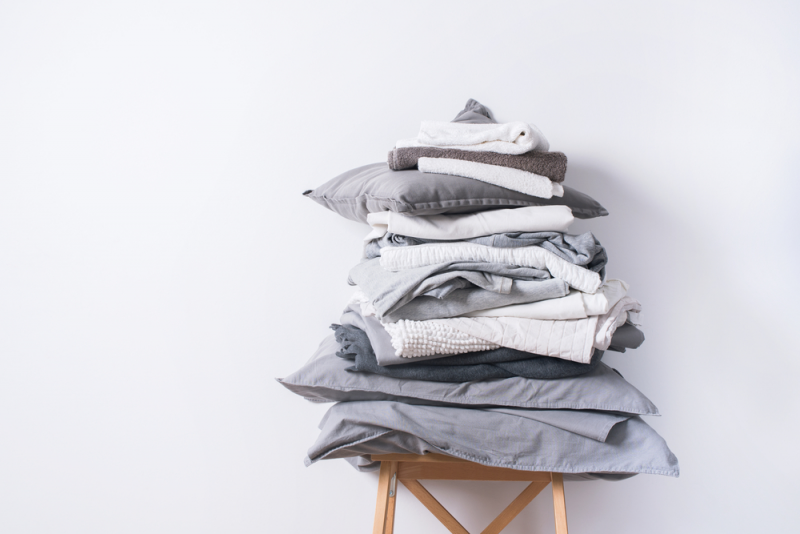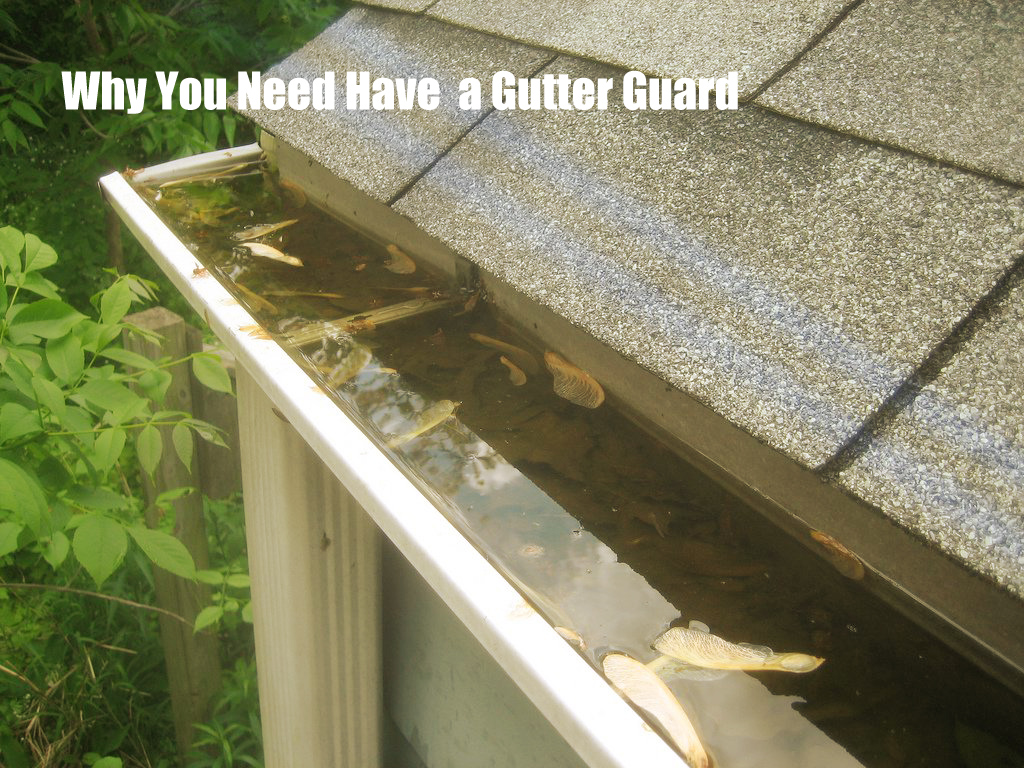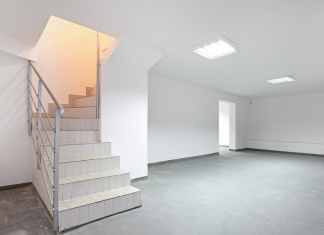If you haven’t heard of the phenomenon of sleep hacking, you aren’t missing out on much. Sleep hackers believe that it is possible to reduce the amount of required sleeping hours by strategically scheduling sleep throughout the day. In theory, this allows you to get more out of your rest periods and be more productive while awake — but in practice, few sleep hackers have found success.
Instead of trying to restructure your sleeping schedule, to get better sleep you might instead try rethinking your bed’s structure. Here are a few easy bedding hacks that almost anyone can do to get better sleep.
Invest in a Green Mattress
It might seem odd to prioritize the sustainability of your mattress over other features, but in truth, natural mattress materials can facilitate better sleep. Plenty of mattresses are made with materials that are bad for your health.
In particular, some synthetic mattress materials off-gas, which means as they age, they release compounds into the air. Some of the off-gassing consists of volatile organic compounds, or VOCs, which are known to cause a range of health problems from irritation to the nose and throat to respiratory problems and even damage to the central nervous system. Low levels of VOCs have been deemed relatively safe, but plenty of people are sensitive to VOCs and have more severe reactions to their presence. The worst culprit for off-gassing is memory foam, which is made of polyurethane, but other types of mattresses can generate VOCs thanks to flame retardants and other added chemicals.
Buying a green mattress is a simple and effective way to eliminate the possibility of VOCs in your sleeping environment. Because green mattresses are made with organic materials, they won’t generate toxic fumes — either in your bedroom or into the environment at large during the manufacturing process.
Lay Down a Mattress Protector
Sustainable mattresses can come at a slightly higher price, but if you make the effort to protect your mattress, your investment will last so much longer. A mattress protector is another layer of bedding that goes between your mattress and your fitted sheet. Made of more durable material, the protector effectively catches all the body sweat and oils, skin cells, hair and other dust and grime that seeps into your bed as you sleep. Because you can remove the protector and wash it with the rest of your bedding, the protector works to keep your mattress clean, prolonging its life while improving your sleep.
Without a mattress protector, your mattress is what soaks up all the bodily substances and other dirt from your bedroom. Because mattresses don’t fit in the washing machine, it is almost impossible to rid the mattress of all the grime it accumulates. That junk can degrade the materials of the mattress, and it can attract creepy-crawlies like dust mites, which exacerbate allergies that interfere with sleep. Considering that a mattress protector costs around $30, this is a simple and effective hack to better sleep.
Consider Separate Blankets
If you are in a constant battle over blankets with your sleep partner, you might consider sleeping the European way: with two duvets. Separating your blankets might seem less intimate, but it will almost certainly improve your relationship by eliminating a source of strife and improving both people’s ability to sleep deeply and comfortably. Like the mattress protector, an additional set of blankets for your bed won’t cost that much, and it will help you and your partner sleep more soundly every night.
Buy Organic Bedding
When you have a sustainable mattress, you might as well have sustainable bedding, too. There are all sorts of organic options to consider for your sheets and blankets, and some of the best include:
- Organic cotton. Cotton is a common bedding material for its light weight, softness and breathability, but traditional cotton can be made with harsh chemicals that harm the environment. Organic cotton is a safer choice to reduce the toxicity of your bedding.
- Bamboo. Bamboo is considered a more sustainable material than cotton because the crop grows faster and does not require pesticides. However, the process of transforming bamboo into fiber can be unsustainable. You need to look for bamboo linen, specifically, for green bedding.
- Eucalyptus. Eucalyptus crops require less water and space to grow, making eucalyptus products more environmentally friendly. The bedding made from eucalyptus is at least as soft and durable as cotton, and a lack of harsh chemicals makes eucalyptus sheets more attractive to many sensitive sleepers.
There are ways to get better sleep without the inconvenience of sleep hacking. Changing up your bed, from the mattress to what goes on top, is an inexpensive and effective way at catching a few more high-quality Z’s every night.












